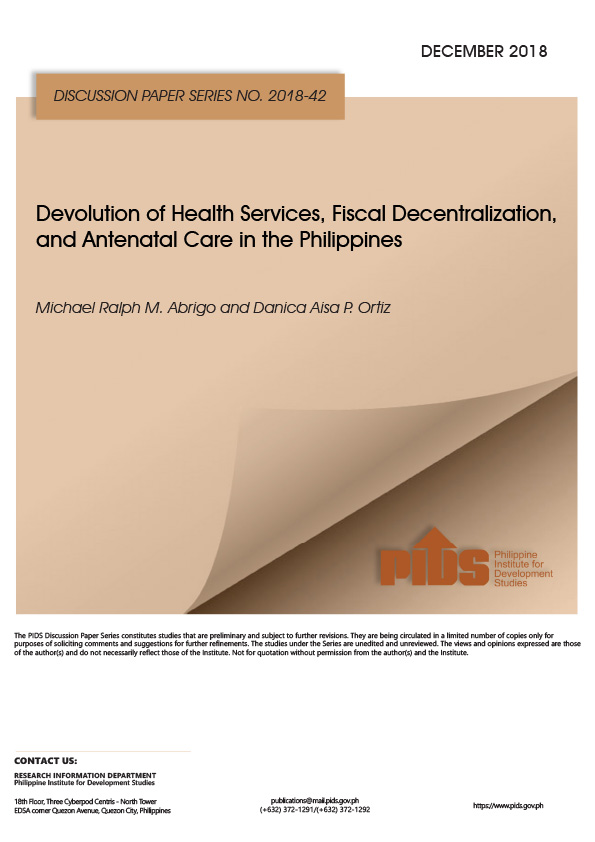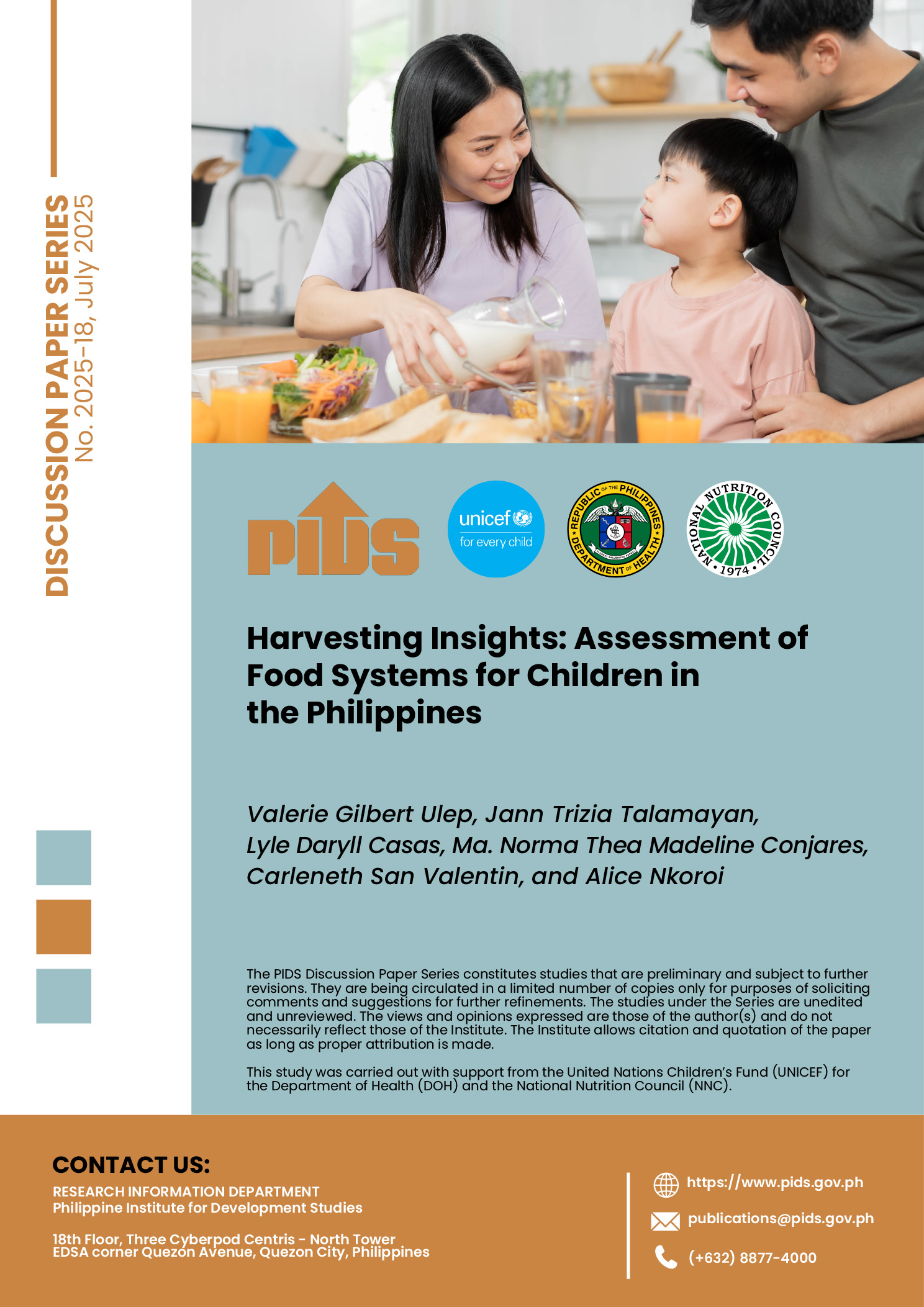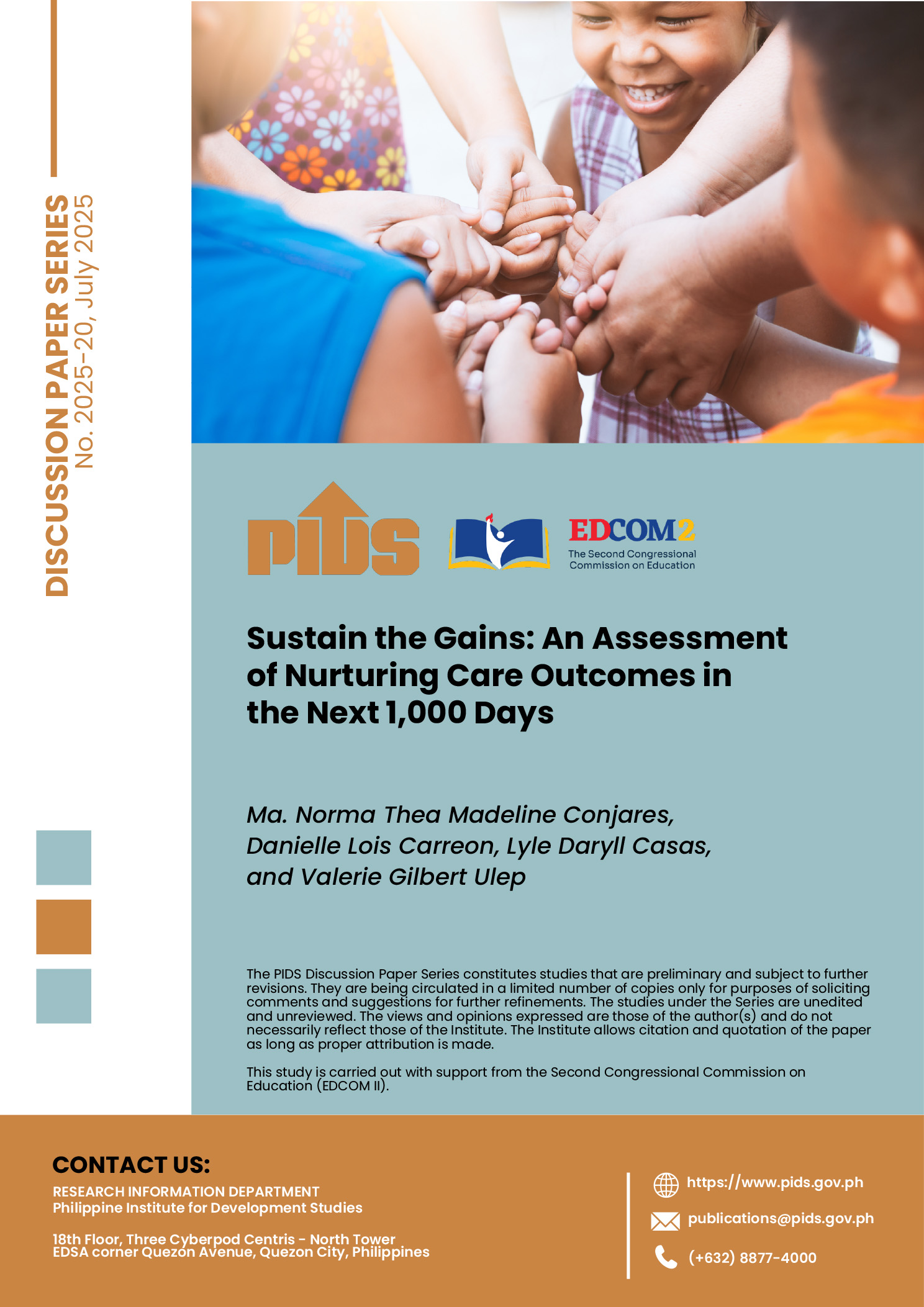Despite the long tradition of decentralization in health care worldwide, there remains limited evidence on its impact on health outcomes. This paper investigates how the expansion of local government incomes in the Philippines influences household demand for healthcare under a decentralized setting. Using a natural experiment, we find that greater transfers from the national government to local governments do not necessarily lead to greater demand for antenatal care services among pregnant women. This may be a consequence of local public spending on health services not responding to greater national transfers. Local government income from locally generated sources, on the other hand, is consistently positively associated with greater antenatal care demand. We also document some evidence of inter-jurisdictional spillovers in healthcare, which may potentially limit the effectiveness of decentralized healthcare service delivery.
Citations
This publication has been cited 2 times
- Ordinario, Cai. 2019. Plenty of problems pepper Philippines’s path to progress. BusinessMirror.
- Ordinario, Cai U., Bernadette D. Nichol, and Jeremaiah M. Opiniano. 2020. PHL health system’s howling issues hamper fight vs pandemic. BusinessMirror.













